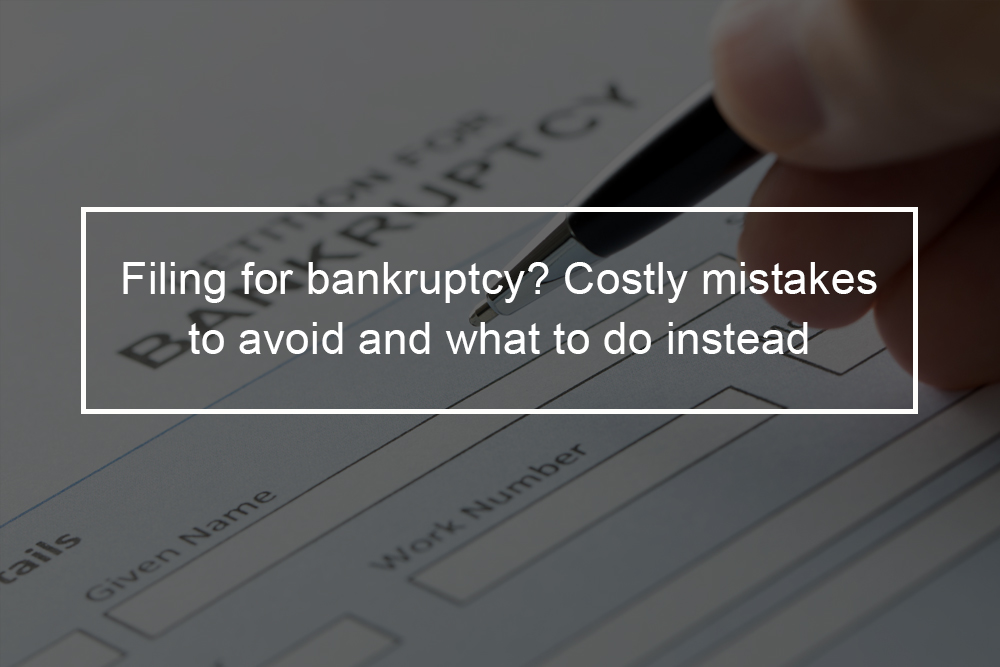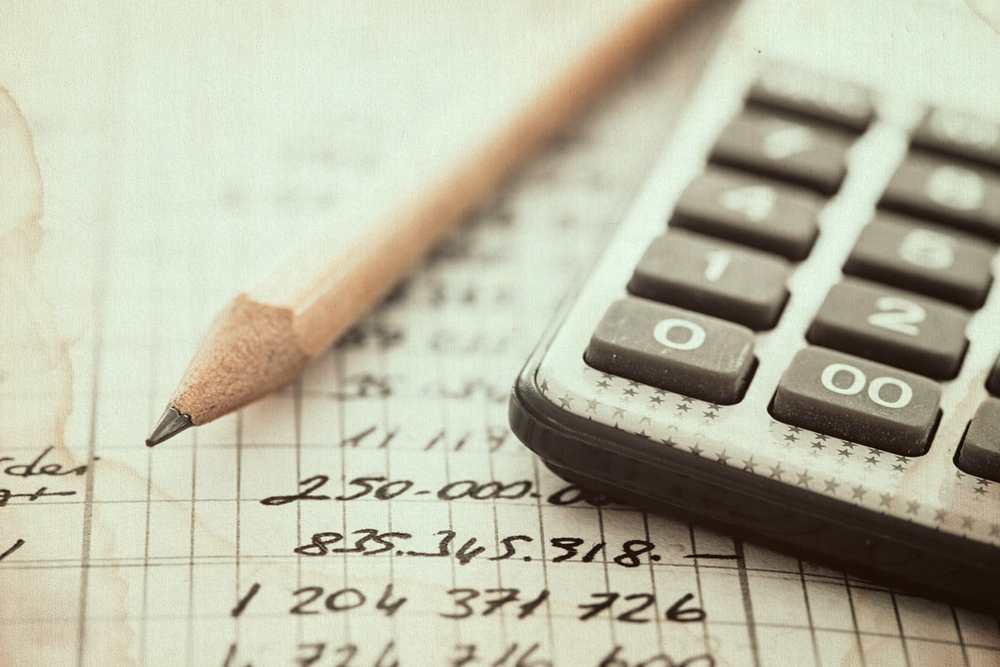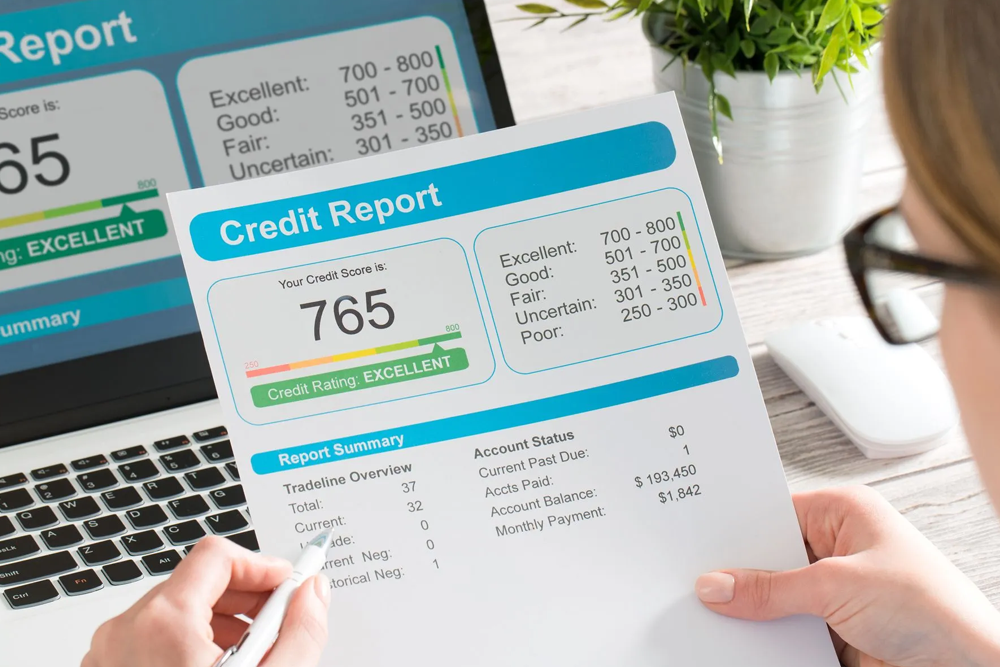
When planning for bankruptcy, it is usually best to talk to a lawyer; however, even before you do so, take care to avoid some of the financial transactions discussed in this post. This will make sure that your bankruptcy filing goes smoothly and will help you prevent challenges by the trustee or creditors.
Things you must do before filing for bankruptcy
Whereas this post should not be taken as legal advice, it will offer some guidance as you begin your journey to fix financial issues.
Talk to an experienced bankruptcy lawyer
This step cannot be underestimated since it is the best way to discuss with someone about the particulars of your situation and what to expect as you work your way through the process.
If you are talking to a lawyer, then some of the questions you need to ask them before you get started are how many bankruptcy cases they have managed and in which jurisdictions. Moreover, you want to ask the lawyer how well they know the trustees in your region since this will be a good sign of the working relationship they have.
Finally, do not wait until it is too late to talk to a lawyer. This indicates that you have to seek advice before you receive any payment notices from federal or state tax authorities. The best advice is to reach out to a lawyer when you are first considering bankruptcy since this is when you will have the most control over the process going forward.
Create a budget
You may already have a budget in place; however, the challenge is that you can no longer make ends meet. If this is the situation, then you are in a better position as you already know your monthly expenses.
Nonetheless, if you do not have a budget, you have to sit down and outline your sources of income and your expenses since this will be an essential part of determining the way you will repay your creditors.
You will need to pull together your monthly bank statements along with a list of expenses you have- do not leave anything out as failure to account for your expenses properly can affect you negatively in the future.
This brings us to the vital point about medical expenses, one of the main reasons people file for bankruptcy. In this situation, you need to coordinate with your lawyer since medical bankruptcies often cover sophisticated treatments over months, if not years. Thus, you will need to work out how much of your medical care is already complete and what will happen to your future treatments if the bankruptcy filing does not cover them.
Moreover, you will have to consider how filing for bankruptcy can affect your medical care. Professional ethics aside, the majority of medical service providers are for-profit businesses. As such, they may be prone to deny care if they know you will be able to pay for it.
File your taxes
This is one point that most people tend to forget, but the actuality is that you cannot file for bankruptcy if you have not submitted tax returns for the past four years. Failure to do so can delay when you file for bankruptcy, which can make your situation worse.
Thus you will need to get your taxes in order since the IRS can request dismissal of your bankruptcy filing. Don’t allow this to happen to you.
Track your self-employed income
For 1099 (such as contractors) or the self-employed who are filing for bankruptcy, you will have to make sure that you have your expenses and income charted for at least six months. This is because the bankruptcy court will use what is called a means test to evaluate your average income and disposable expenses. Means testing will assist the court in deciding how much you can pay in bankruptcy to your creditors and the best schedule for when those payments will be made.
What you should not do before filing for bankruptcy?
Below is a brief, non-exhaustive list of the don’ts before filing bankruptcy.
No cash advances
Only because you are considering bankruptcy does not mean that you should run up your credit card balances. If anything, this would prove to the court that you are using bankruptcy, not as a legitimate way to get your finances back on track. Besides, it is not uncommon for credit card companies to allege fraud when bankruptcy filers take out large cash advances in the months leading up their filing. Thus, do not treat your credit cards as a checking account.
The choice to file for bankruptcy can be challenging, but most people who get to this point have no other choice. Luckily, the United States allows people the opportunity to begin all over again, and this has assisted in removing the stigma from going into bankruptcy.
Do not transfer property or money
Most clients think that moving their assets to their mothers’ bank accounts, or putting them in their partner’s names, will protect them. However, transferring assets out of your name will not protect them from the bankruptcy court’s reach. And worse, a transfer like that could cause a bankruptcy court to find that you have committed fraud. This is the case even though you transferred the property innocently, without any intention to conceal assets.
Some examples of transfers that may get you in trouble include:
- Changing the name on bank accounts, or removing your name from accounts which are held jointly with others
- Changing title to a spouse’s or child’s car which is in your name, into the name of your spouse or child
- Removing your name as an owner on a business venture
- Deeding real property which is in your name to another person, even though it is a legitimate transaction where the actual value is paid
- Moving or depositing funds into bank accounts belonging to others
Many customers move property or funds out of their name, due to fear of losing them in bankruptcy. Nonetheless, having assets does not indicate that you cannot file a bankruptcy or necessarily lose them. A lawyer will tell you the best way to manage the assets you fear might be exposed when you file a bankruptcy.
Do not pay creditors
The majority of consumers want to do the right thing and pay various creditors in full before filing for bankruptcy. For instance, they might want to ensure that people at Discover who have been very kind to them get paid in full, or that mom’s loan is paid. Such transactions are prohibited.
You surely can pay your bills as you would in the normal course of business. If you incur $150 on American Express this month, you can pay it off next month, as you usually would. Nonetheless, you cannot make a payment out of the ordinary, to satisfy a creditor in full. These payments are known as preferential transfers. They might even cause clawback lawsuits, where the bankruptcy court representative (known as the bankruptcy trustee) sues the person or entity that you paid to get the money back.
Do not use credit cards
Not unless you absolutely have to incur additional credit card debt for the necessities of life, like food, housing, or gas, you should stop using your credit cards completely. You can keep on using debit cards that withdraw directly from your account.
Do not make unusual deposits into your bank account
Do not deposit any cash, which is not regarded as a salary or payment to you, into your bank account. Examples include depositing money in your account, which is not your money or as a favor. Clients with small businesses also should refrain from carrying out transactions for the company via their personal accounts.
Do not sue anybody
Any legal claim that you might have is an asset that can be taken by the bankruptcy court, even though the case is not resolved, or if the amount you might be entitled to is not determined. Even claims that you might have against others that have not filed in court is considered as a property of the bankruptcy estate. Whether you have a pending legal claim ( whether it is a lawsuit or not), discuss it with a lawyer before filing for bankruptcy.
Think carefully before you take actions that can result in future payments
Funds that are not really in your possession, but you expect to get in the future, are part of the bankruptcy estate. As long as you are filing for Chapter seven bankruptcy, the bankruptcy trustee can take this money and utilize it to repay your unsecured creditors. Examples include accepting an inheritance that will be paid in the future, agreeing to accept a future bonus at work, or filing tax returns that entitle you to a refund. If you are expecting to get any payments or money in the future, talk to a bankruptcy lawyer.
The choice to file for bankruptcy can be hard; however, for most people who get to this point, they have no other choice. Luckily you can start over again without being stigmatized from going into bankruptcy.











